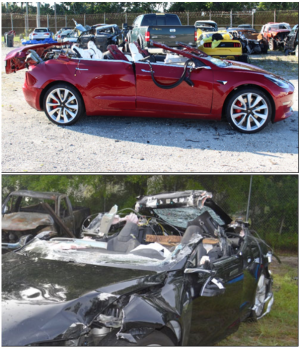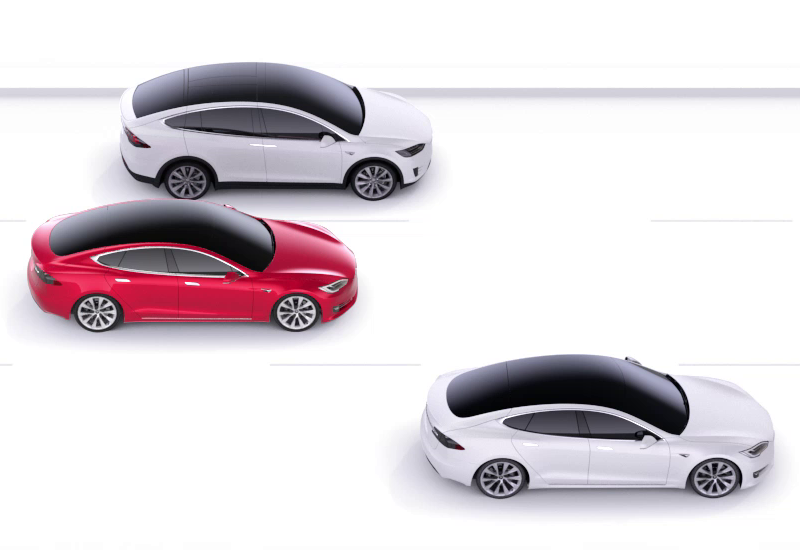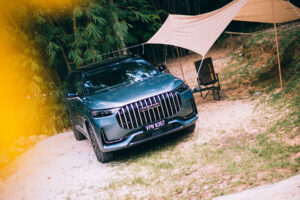Lesson 1: Don’t believe Elon Musk! Lesson 2: Here are 3 reasons why you shouldn’t.
Whether you call it braggadocio, hyperbole or a plain old lie, humans have an innate ability to make-sh*t-up and an attraction to eating-sh*t-up too. History is full of charismatic people leading others on flights of fancy with sometimes grave consequences, a problem now amplified by technology that allows makers to attract larger volumes of eaters than ever before, most conveniently in 280 characters or less.
In the current pantheon of sh*t-makers alive today, few are as awe inspiring as Elon Musk, who was in the news last week for some rather ridiculous sh*t revealed in court documents, which served to remind me of somethings he said a few months ago at Tesla Autonomy Day, a private but livestreamed event that updated investors and whoever who tuned in on everything Tesla; at the event, Musk claimed that all Tesla cars will be fully self-driving by 2020, years ahead of his competitors. Musk may believe the age of autonomous vehicles is now, but here is why you should not believe Musk:
1. The Technology isn’t there yet
Tesla introduced its Autopilot feature several years ago and despite its moniker, the system is far from the “auto” it suggests. While it uses a variety of equipment to control the car’s speed, maintain it in lane, maintain its distance from other cars, and slow down or outright stop when facing an obstacle, Autopilot still requires the human driver to be in control of the car. There have been several and similar accidents in the last few years where over-estimation its capabilities have cost drivers their lives.

One of the issues with Musk’s 2020 timeline is that within autonomous vehicle research right now, most players haven’t settled on an error-free approach to giving their cars awareness of their surroundings and the ability to react to all manner of obstacles. On Tesla Autonomy Day, Musk bluntly poured cold water on LIDAR, one of the methods being tested by competitors like Google, proclaiming that the multitude of cameras used by Autopilot were already better. In a vacuum, there is nothing wrong with this bragging, but in reality, Musk’s solution of choice has been at fault in at least two driver deaths in the last few years – the most recent being in March 2019 – due to the cameras failure to detect other vehicles.
One would think that with such a track record, it would me more prudent to be cautious, to take a step back – as Uber did when one of their autonomous cars killed a pedestrian – instead of continuing to blow your own horn; but then I suppose when one is so full of hot air, it has to go somewhere. If history is anything to go by, Musk’s 2020 promise ignores the shortcomings of the Autopilot technology which realistically is still some years away from being reliable.
2. The bigger picture
 While safety is currently the biggest problem with self-driving cars, it is also the grand promise, because the autonomous car utopia will see the elimination of the most major cause of road accidents: the human. The more you ponder on that idea, the more you realise the Infinity-Gauntlet-requiring task at hand.
While safety is currently the biggest problem with self-driving cars, it is also the grand promise, because the autonomous car utopia will see the elimination of the most major cause of road accidents: the human. The more you ponder on that idea, the more you realise the Infinity-Gauntlet-requiring task at hand.
The premise is simple: you could own the safest self-driving car in the world, but you wouldn’t be safe from other human drivers running a red light, falling asleep at the wheel, texting while driving, driving while drunk…. (the list can go on and on). I personally believe that the only way autonomous car technology will ever be safe is by removing all people from behind every wheel, and having the vehicles communicate with each other creating a kind of hive mind that will allow cars to assess their surroundings, think, move, stop and evade obstacles in tandem.
This would require either a monopoly, cooperation between carmakers like we’ve never seen before or incredibly stern regulations – none of which look like they’re going to happen any time soon. So even if Tesla cars are fully autonomous in a year, they won’t be very safe in a sea of human error. That isn’t Musk’s fault, but as Uncle Ben said: with great power, comes great responsibility not to market something in a way that could get someone killed.
3. The laws don’t allow it
 Credit to Musk where its due, he did make it clear that Tesla’s autonomous cars won’t be allowed to operate just about anywhere, at least not legally, because laws have not yet been written for autonomous vehicles. Consider the regulations that exist on the entire automotive ecosystem – from the manufacture to the sale to the usage, and how even to this day, we are still improving them for vehicles that have existed for over a hundred years.
Credit to Musk where its due, he did make it clear that Tesla’s autonomous cars won’t be allowed to operate just about anywhere, at least not legally, because laws have not yet been written for autonomous vehicles. Consider the regulations that exist on the entire automotive ecosystem – from the manufacture to the sale to the usage, and how even to this day, we are still improving them for vehicles that have existed for over a hundred years.
When you consider that, we are many years away from legislation and regulations that allow for fully autonomous vehicles. Will your local representative have the knowledge to draft regulations on such technical machines? Will any of them have the stomach to vote into law something that will affect the safety and lives of their voters? How will it affect the micro-economy built around driver’s licenses? Will there be additional or less taxes on self-driving cars? Will manufacturers be liable for every accident? Are they ready to be?
So many questions with no answers in the present, and at least not in 2020, when supposedly we’re going to be able to own a car that will drive on its own. Personally, I’d just be happier with a self-turn-signalling car by 2020.
(Photos: Tesla)








